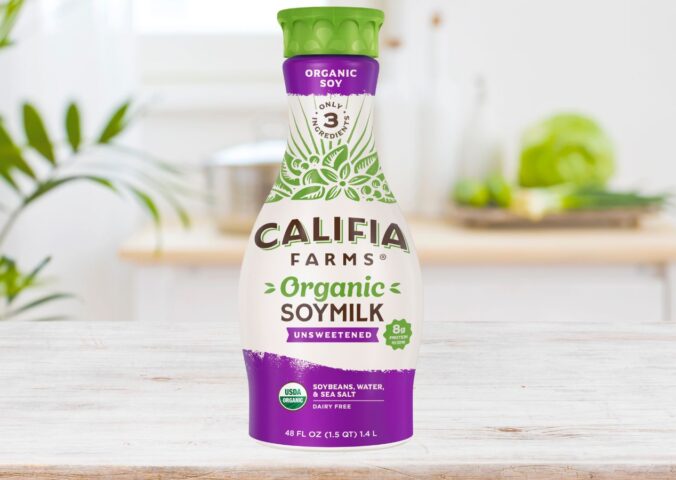The Netherlands’ government is helping to make cell-based agriculture the norm. Not only did it recently pass a law legalizing the sampling of cultured meat, but it has also allocated the sector €60 million in public funding.
Cell-based agriculture consists of growing food like meat, cheese, and milk inside a lab. While this method of production does require taking cells from animals, it can be completed totally slaughter-free.
For example, Dutch cell-based meat brand Mosa Meat can create 80 beef burgers using just one cow cell sample. According to the food-tech startup, the result is “indistinguishable” from conventionally produced burgers.
Together with university professors, NGOs, and other startups and industry players, Mosa Meat helped to form a consortium called Cellular Agriculture Netherlands. The consortium put forward the funding proposal to the government.
The money will go towards the sector’s overall development, which includes education around cell-based meat and furthering innovation. The funding is the first part of the Netherlands’ larger growth plan, which will see between €252 and €382 million invested in cellular agriculture.
A fast-growing industry
Mosa Meat isn’t the only cell-based meat company in the Netherlands. Like Mosa Meat, Meatable takes samples from animals, like cows and pigs. It uses them to grow real meat, without harm, in only a few weeks.
Around the world, the cultured meat sector is taking off. By 2030, the global market is predicted to surpass a value of $12 billion. In Singapore, regulatory approval for cultured meat has been granted, and cell-based chicken has already been served in a restaurant.
“Cultured meat is a fast-growing industry,” said Daan Luining, the co-founder of Meatable, in a statement. “It’s important to invest and support education and research across all areas from universities to research labs as well as informing the wider population about this dynamic industry.”
“This is an exciting next step in the development of the cellular agriculture ecosystem, supporting this innovative new industry like so many other emerging industries before it, and one that will be beneficial to us all.”






